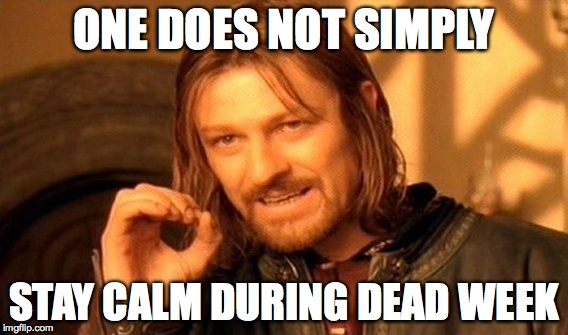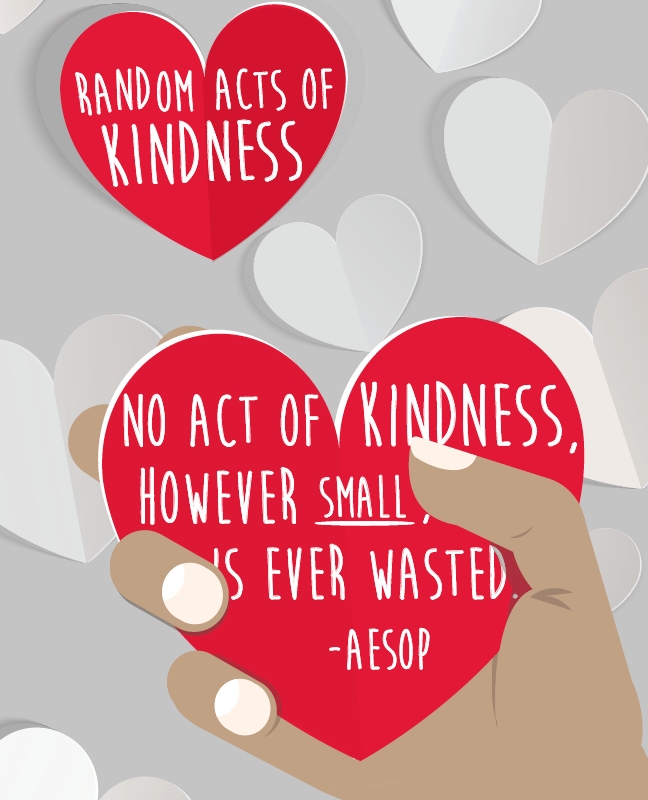By Kylie (Xiping) Qiu, M.S., PLMHP
Our mind is like a wave. We can’t control the wave, but we can always learn how to surf.
No matter how busy we are, we all brush our teeth on average six minutes a day. We never question this routine, and yet when it comes to maintaining our mental health, many of us don’t do this until we are forced to because of a common reason — “I don’t have time.”

But if we’re honest, this isn’t exactly true because we don’t skip brushing our teeth when we are busy. It all comes down to priorities.
We have to recognize that preventive care is just as important for our mental health as it is our physical health. Don’t wait until you have a mental break down to learn stress management!
How stress affects the body
Stress is our body’s response to a life-threatening situation, like suddenly stumbling across a venomous snack on a hike. On an abstract level, exams are the “life-threatening danger” for students.

No one can avoid stress, but we can avoid anxiety. Our mind is like a wave. We can’t control the wave, but we can always learn how to surf.
To reduce our anxiety level while experiencing stress, we have to calm down first.
Be a bridge builder

When “fighting” with finals, the sympathetic nervous system (SNS) is aroused by stress, anger or fear, which accelerates the heart rate, constricts blood vessels and raises blood pressure — the physical feelings of anxiousness. When the sympathetic nervous system is working, our parasympathetic nervous system (PSNS) is on leave. PSNS slows the heart rate, increases intestinal and glandular activity and relaxes the muscles.
SNS and PSNS are like two workers with their own shifts on duty. When one is always in charge and prohibits the other to work, it breaks the system’s balance. To make matters trickier, these two workers don’t talk to each other.
Don’t lose hope! The secret is that we were all born with the ability to manage and build bridges between those two workers. We do this by controlling our breathing and managing our judgmental thoughts.
Breathe to achieve mindfulness
Consider your natural breathing. Is it fast or slow? Deep or shallow? Stable or unstable? Breathing deeply and slowly can activate our PSNS. Intentionally do this whenever you can.

Manage your judgmental thoughts
Thoughts like “I need to skip this chapter because I don’t have time” or “I just couldn’t focus” help you make a decision, which is the type of thoughts we need. Judgmental thoughts like “I am stupid” or “it’s my fault that I didn’t study well enough throughout the semester, and see this is the consequence…” won’t help you manage stress because they hurt your self-esteem and confidence.
The three steps to thought management are:
- Recognize judgmental thoughts
- Observe your thoughts like a third party instead of reacting in your typical ways
- Let the thoughts go without reaction
You might say, “I couldn’t let it go.” That’s OK because you tried. You will build more skill and tolerance if you try it repeatedly.
What else can I do?
- Educate yourself on stress management and take time to balance SNS and PSNS
- Evaluate yourself by scoring your anxiety or fear on a scale of one to 10 (10 being the most overwhelming) at least once a day
- Practice breathing skills instead of watching your cell phone during your study breaks. Intentionally slow down your breathing and make it as deep as you can, but don’t hold your breath. Follow these instructions:
- Sit comfortably. Devote 100 percent of your attention on your breathing. Breathe in all the air until your lungs are filled and then breathe out slowly until there is no air left. Repeat this five, 10 or 20 times.
- Repeat breathing skills until you feel much calmer or less stressed
- Manage your judgmental thoughts
- Plan six minutes in your daily schedule to focus on your mental health, just like brushing teeth
- Learn more stress management tips when you complete your final because you deserve to feel less stressed during your next finals preparation
If you need help managing your stress, talk with us. We can help. Make an appointment with Counseling and Psychological Services by calling 402.472.7450.




